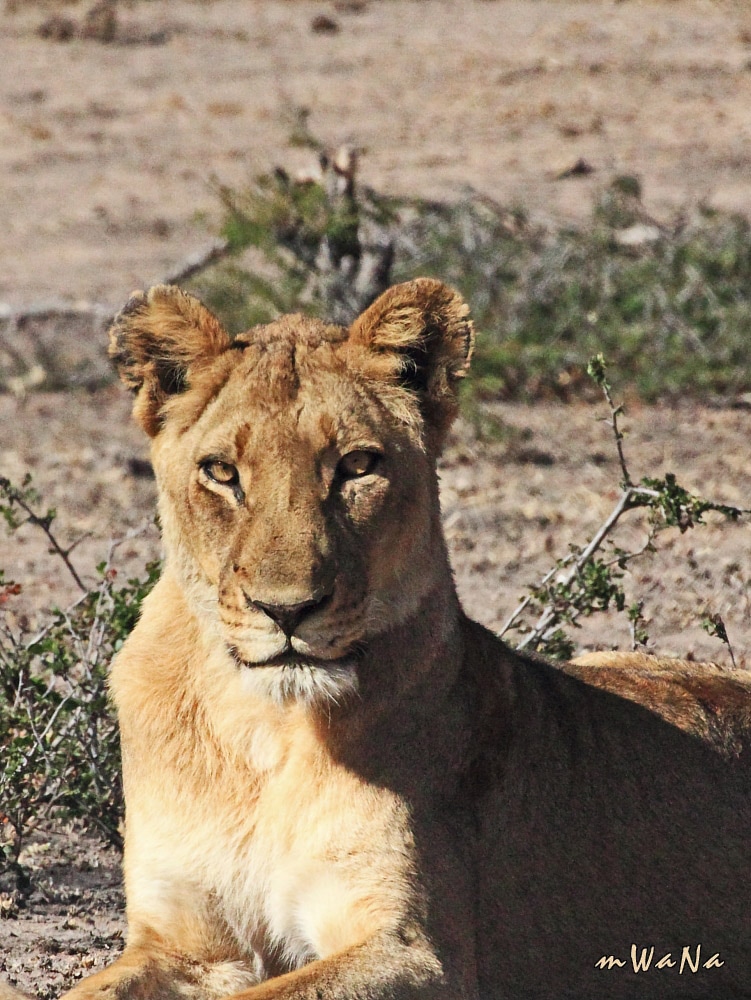
For example:
Havemann explained that the hunt would benefit conservation. “When an elephant gets beyond 50 years of age, they don’t have the ability to chew their food properly any longer.” He argued that if it was inevitable that the elephant were to die of natural causes, the money from a hunt would be better used to fuel conservation efforts.
Let us examine the claims a little more closely:
1. That there are too many elephants, causing ecological damage, and therefore, taking out a tusker aids the environment.
2. An elephant over the age of 50 is going to die soon from natural causes and so it is better to hunt him and make money for conservation.
3. Conservation purposes include anti-poaching expenses.
Dealing with the points seriatim:
1. This argument confuses hunting with culling. When there are too many animals for the available vegetation, then the brutal remedy of culling is the only answer. Whole herds are liquidated. Killing one tusker will not have any effect whatsoever on the breeding of an elephant population. Other males will service the females in oestrus and all that the hunter achieves is to pervert the process of natural selection and select for the smaller tusk gene. Soon, if the hunters have their way, elephants will be born without any tusks at all.
2. Using the age of the elephant as an excuse to justify the hunting of a tusker is transparently flawed public relations. It has no substance in elephant behaviour or herd dynamics. The landowners and shareholders of Timbavati include some of the richest people in South Africa. The proper way to raise money for reserve expenses is by imposing a levy upon members. Why are some of the richest people in the country so reluctant to put their hands into their deep pockets, and so keen to rather raise money by shooting animals that do not even belong to them.
3. Who are the real poachers here, if not the Timbavati hunters themselves? These elephants stray in from the adjacent Kruger Park. They belong to the people of South Africa and should not be hunted for private gain on adjacent land. So if a poor black man goes into Kruger Park and hunts the same elephant, he is a wicked poacher. But the rich white man who kills the same animal for fun when it wanders onto Timbavati, is hailed as a conservationist. Since when did money substitute itself for true conservation - which is the preservation of natural functioning ecosystems?
How can any intelligent person confuse hunting with culling and believe that shooting an elephant in the face can possibly be anything other tha environmental terrorism?
I believe that trophy hunting takes place on all the reserves which are part of the APNR. Timbavati is not the only culprit. If I am wrong, I hope someone reading this will correct me.
I could never visit any reserve where hunting takes place, because I take responsible tourism far more seriously. Perhaps when a sufficient number of tourists boycott APNR reserves, management will have an epiphany and suddenly find the financial inducement to see the difference between true conservation and sickening brutality.
Chris Mercer.
Karoo Wildlife Centre.
